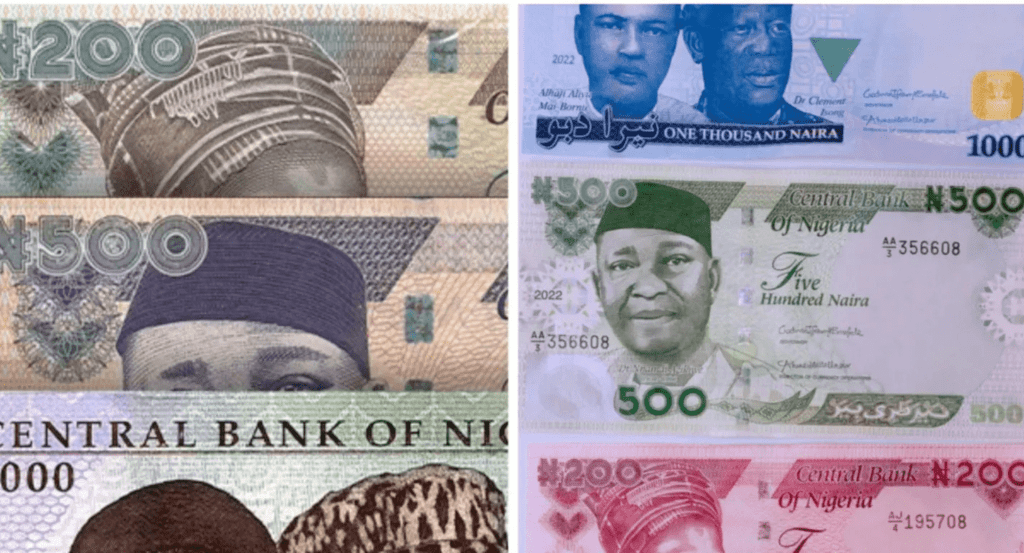The Central Bank of Nigeria (CBN) has reiterated that both the old and redesigned ₦1000, ₦500, and ₦200 notes remain legal tender indefinitely. This clarification comes amidst widespread confusion and concerns about the validity of the old currency.
CBN’s Acting Director of Corporate Communications, Isa Abdulmumin, confirmed in a statement on December 13, 2024, that there is no expiration date for the use of old naira notes. He emphasized that both old and redesigned notes can be used for transactions and deposits without restrictions.
This statement follows persistent cash shortages in parts of the country, with many citizens uncertain about the acceptability of old naira notes. Abdulmumin assured Nigerians that the apex bank is committed to ensuring a sufficient supply of both versions of the currency across the nation.
The decision aligns with a Supreme Court judgment earlier in 2024, which ruled that the old notes would remain valid indefinitely alongside the redesigned notes. The court’s ruling aimed to ease economic hardship and ensure compliance with Nigeria’s legal framework.
The central bank highlighted its efforts to stabilize Nigeria’s monetary system, including ensuring access to cash for everyday transactions. Abdulmumin called on Nigerians to disregard rumors about the withdrawal of old notes, urging the public to continue using them without fear.
The CBN’s clarification provides much-needed relief to businesses and individuals who rely on cash for transactions. Many merchants had begun rejecting old notes due to conflicting information, compounding the challenges faced by consumers during the ongoing economic adjustments.
The CBN urged Nigerians to cooperate with financial institutions to ensure seamless circulation of both old and redesigned naira notes. The apex bank also reaffirmed its commitment to monetary policies that promote economic growth and stability.
This development serves as a reminder of the importance of clear communication between regulatory bodies and the public in addressing issues that affect the nation’s economy.























